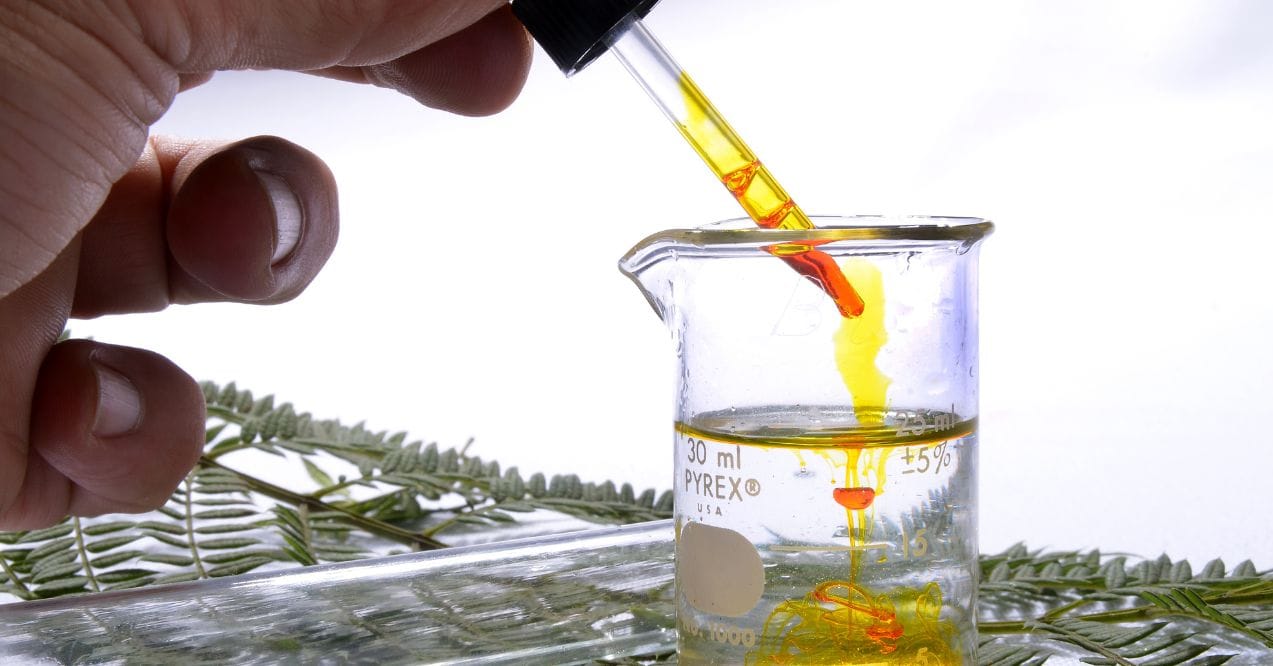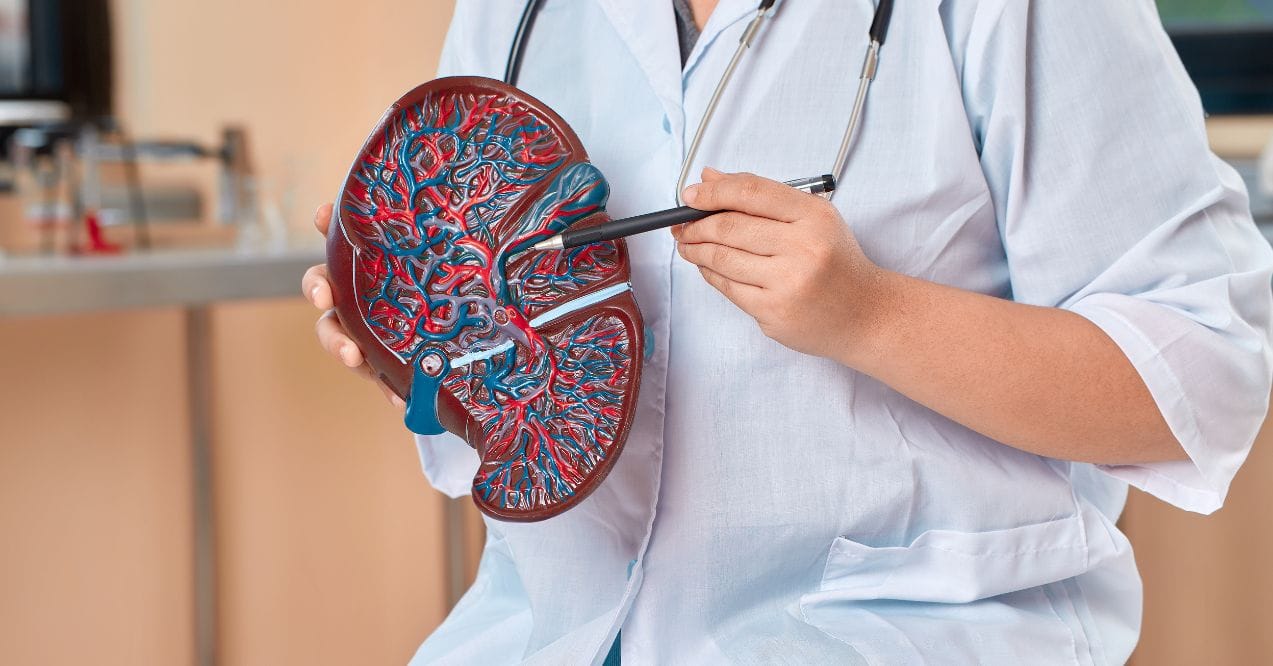What Happens When You Drink Alcohol and Take Berberine?
Medically reviewed by our experts


Berberine has become popular as a natural supplement. People use it for managing blood sugar, cholesterol, and weight. Many who take berberine wonder about combining berberine and alcohol. Alcohol affects how your liver works and changes metabolism. This creates questions about mixing the two safely.

Key Article Findings
- Combining berberine with alcohol may strain your liver
- Both affect blood sugar and liver metabolism
- Moderate drinking may be tolerable for some people
- Those with liver conditions or diabetes should be extra careful
- Talk to a healthcare provider before mixing them
Can Berberine and Alcohol Be Taken Together?
Mixing these two requires caution. Berberine offers metabolic benefits but processes through your liver. Alcohol also breaks down in the same organ. When you consume both together, your liver handles twice the work.
This creates extra strain on liver function. The strain increases if you drink regularly or in larger amounts. Alcohol can change how berberine works in your body. It may alter the metabolic effects you’re trying to achieve.
The interaction becomes more serious for people with existing liver disease. Their organs already work harder to filter substances. Both berberine and alcohol use similar metabolic pathways. While berberine has been used in traditional Chinese medicine for its berberine benefits, alcohol creates unpredictable effects when combined.
Effects of Berberine on the Liver When Combined with Alcohol
Berberine has a long history in Chinese medicine. Research suggests it may offer protective effects for the liver. Some studies show it works through anti-inflammatory pathways. It may help with certain metabolic concerns.
Alcohol complicates this situation significantly. Chronic alcohol use is known to cause liver damage. Your liver must process both substances using similar enzymes. This shared pathway means your liver struggles to handle both efficiently.
Scientists haven’t fully studied long-term interactions between these substances. Alcohol-induced toxicity can stress the liver heavily. Adding berberine into this mix creates uncertainty. The research doesn’t clearly show whether berberine helps or harms in this scenario. If you have liver disease history, be extremely careful with this combination.
What Are the Side Effects of Combining Alcohol and Berberine?
Several side effects may occur when mixing these substances.
Liver Function Problems
Your liver handles processing both compounds. This can lead to elevated liver enzymes. The strain increases with regular alcohol consumption. Over time, this burden may cause liver dysfunction.
Blood Sugar Issues
Berberine is often used for managing blood sugar. Alcohol affects glucose levels unpredictably. It can cause both spikes and sudden drops. People with type 2 diabetes or metabolic syndrome face extra challenges. Blood sugar regulation becomes much harder to control.
Digestive Problems
Both substances can upset your stomach individually. Together, the effects often worsen. You might experience nausea or dizziness. Stomach discomfort becomes more likely. These side effects intensify with higher alcohol intake.
The effects of berberine vary between individuals. Some people tolerate occasional drinking better than others. Chronic or heavy drinking while taking berberine increases your risk of problems.
Is It Safe to Take Berberine with Alcohol?
Current evidence suggests occasional moderate drinking may not harm most healthy adults. The key word here is “moderate.” That means limiting your intake carefully. Avoid regular, heavy drinking sessions completely.
Chronic or excessive alcohol with berberine should be avoided. The combination stresses your liver unnecessarily. It can interfere with the metabolic benefits you seek. People with existing liver conditions face higher risks. Those with diabetes or metabolic issues should be particularly careful.
Your personal health situation matters greatly. Liver health, current medications, and metabolic condition all play roles. These factors influence how your body handles this combination. A healthcare provider can give you personalized guidance. This is especially important if you have underlying conditions. It’s also vital if you take medications affecting liver function or blood sugar.
Alternatives: What Should You Do Instead?
The safest approach is avoiding the combination altogether. If you worry about liver strain, skip mixing them. If blood sugar regulation concerns you, keep them separate.
Reducing alcohol intake protects your liver. It also allows berberine to work more effectively. Focus on lifestyle changes that help naturally. Diet improvements can make a big difference. Regular physical activity helps with blood sugar. Stress management contributes to better cholesterol levels.
For those concerned about liver health specifically, consider other options. Exploring liver support supplements like milk thistle may help. These offer benefits without the risks of alcohol.
Talk to your healthcare provider about managing blood sugar. Discuss cholesterol concerns while maintaining liver function. They can suggest strategies matching your lifestyle. Sometimes timing matters when you do drink occasionally. Spacing drinks far apart from berberine doses may reduce interactions.
Conclusion
Direct evidence on berberine and alcohol interactions remains limited. However, combining these substances may stress your liver. It can also disrupt blood sugar regulation. People with pre-existing liver conditions need extra caution. Those with metabolic concerns should be particularly careful. The safest approach involves limiting or avoiding alcohol while taking berberine. Always consult a healthcare provider for personalized advice. This ensures you don’t put your health at unnecessary risk.
Moderate consumption may not cause major issues for healthy adults. However, excessive drinking should be avoided. Alcohol places strain on the liver, which also processes berberine. This combination increases the risk of liver stress and may interfere with metabolic benefits.
Berberine may offer protective effects for liver function through anti inflammatory pathways. When combined with alcohol, it can potentially increase liver strain. The liver processes both substances, creating additional burden on this organ when taken together.
Alcohol causes unpredictable blood sugar fluctuations, especially in people with diabetes. It can lead to both spikes and drops. This becomes problematic when combined with berberine, which is often used for blood sugar regulation, potentially creating harder-to-control patterns.
Main risks include potential liver damage from the combined burden. Digestive upset like nausea or stomach discomfort may occur. Interference with blood sugar
What is berberine used for? (n.d.). Drugs.com.
Zhang, P., Et Al. (2014). Berberine protects liver from ethanol-induced oxidative stress and steatosis in mice. Food and Chemical Toxicology, 74, 225–232.
Li, Z., Et Al. (2014). Antioxidant and Anti‐Inflammatory activities of berberine in the treatment of diabetes mellitus. Evidence-based Complementary and Alternative Medicine, 2014(1).
Website, N. (2024). Alcohol-related liver disease. nhs.uk.
Popular Articles
Advertisement. This site offers health, wellness, fitness and nutritional information and is designed for educational purposes only. You should not rely on this information as a substitute for, nor does it replace, professional medical advice, diagnosis, or treatment. If you have any concerns or questions about your health, you should always consult with a physician or other health-care professional. Do not disregard, avoid or delay obtaining medical or health related advice from your health-care professional because of something you may have read on this site. The use of any information provided on this site is solely at your own risk.













